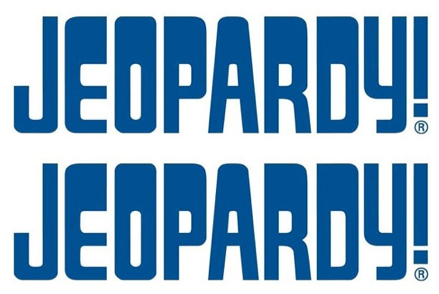Double Jeopardy for Joint Employer

By Olivia Grady
Browning-Ferris is a waste recycling facility in a small city in California that contracted with job placement agency Leadpoint to staff part of its facility and provide human resources. Browning-Ferris however had the ultimate authority to fire an employee, and Leadpoint was required to follow Browning-Ferris guidelines on who to hire, working hours, wages, etc.
This arrangement of a couple of hundred employees surprisingly led to one of the worst decisions by the politically appointed National Labor Relations Board (NLRB).
This case started when the International Brotherhood of Teamsters wanted to have an election unionizing the Leadpoint employees at Browning-Ferris. The union however wanted to negotiate with both companies because both are involved in the working conditions in the facility. In order to hold the election with both employers, the union argued that the companies were joint employers.
A regional director of the NLRB however found that they were not joint employers because Leadpoint controlled its own employees. Browning-Ferris did not determine the individual’s employment: it did not “share or codetermine [with Leadpoint] those matters governing the essential terms and conditions of employment.”
After the union appealed the ruling, the full NLRB in Washington, against precedent, ruled on August 27, 2016, that the companies were joint employers because Browning-Ferris had the ability to control Leadpoint’s employees work terms, even though it chose not to.
The NLRB’s decision to expand the joint employer rule read in part:
Today, we restate the Board’s joint-employer standard to reaffirm the standard articulated by the Third Circuit in Browning-Ferris decision. Under this standard, the Board may find that two or more statutory employers are joint employers of the same statutory employees if they “share or codetermine those matters governing the essential terms and conditions of employment.”5 In determining whether a putative joint employer meets this standard, the initial inquiry is whether there is a common-law employment relationship with the employees in question. If this common-law employment relationship exists, the inquiry then turns to whether the putative joint employer possesses sufficient control over employees’ essential terms and conditions of employment to permit meaningful collective bargaining.
Browning-Ferris responded to the NLRB ruling arguing that the NLRB had changed the 30-year old legal standard without a legal basis. It claimed the test had long required direct and immediate control over the employees. It also said that there is now confusion and ambiguity for the business world from the ruling.
Dissenting Board Members Phil Miscimarra and Harry Johnson added that the new test would hurt the economy as well:
The change will subject countless entities to unprecedented new joint-bargaining obligations that most do not even know they have, to potential joint liability for unfair labor practices and breaches of collective-bargaining agreements, and to economic protest activity, including what have heretofore been unlawful secondary strikes, boycotts, and picketing.
As a result of the decision, the union was certified as the exclusive representative of the Leadpoint employees on September 14, 2015. The employees had voted for the union in April 2014, but the votes could not be counted until after the NLRB decision.
In spite of the Board’s decision, Browning-Ferris refused to bargain with the union, and Teamsters promptly filed an unfair labor practice charge. On January 12, 2016, the NLRB agreed with the union. Browning-Ferris was then allowed to appeal this decision to the U.S. Court of Appeals for the District of Columbia which the company likely wanted (A company is not allowed to appeal the first case, but can appeal an unfair labor practice case after it refuses to bargain with the union). The Court is now reviewing the briefs of the parties and their allies.
Even if the Court sides with the union, the standard is likely to be changed by Congress. Michael Layman, vice president of regulatory affairs at the International Franchise Association, explains:
“The good news is that the days are numbered for the NLRB's harmful approach to joint employer. But it will take time to fix what the Obama NLRB has done to locally owned businesses. Small businesses and franchisees need Congress to enact a joint employer solution in the new year.”
Even if Congress does not act, President Trump’s administration will likely take a hammer to the joint employer rule or use BleachBit.





